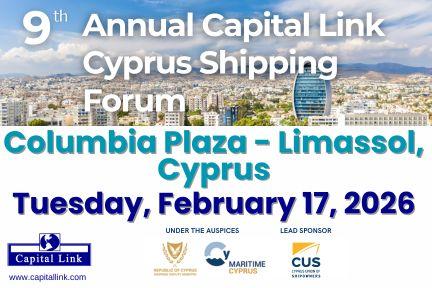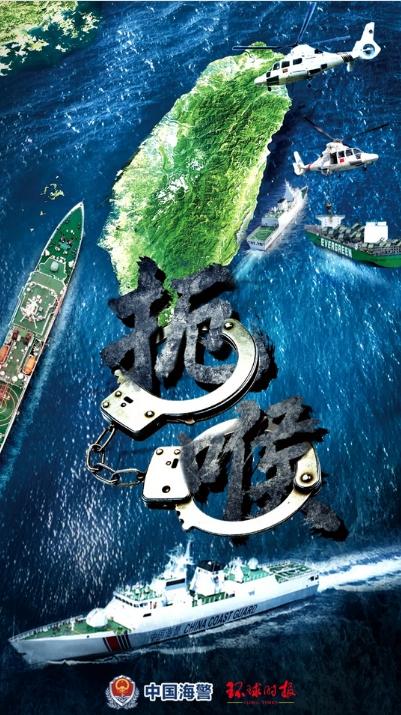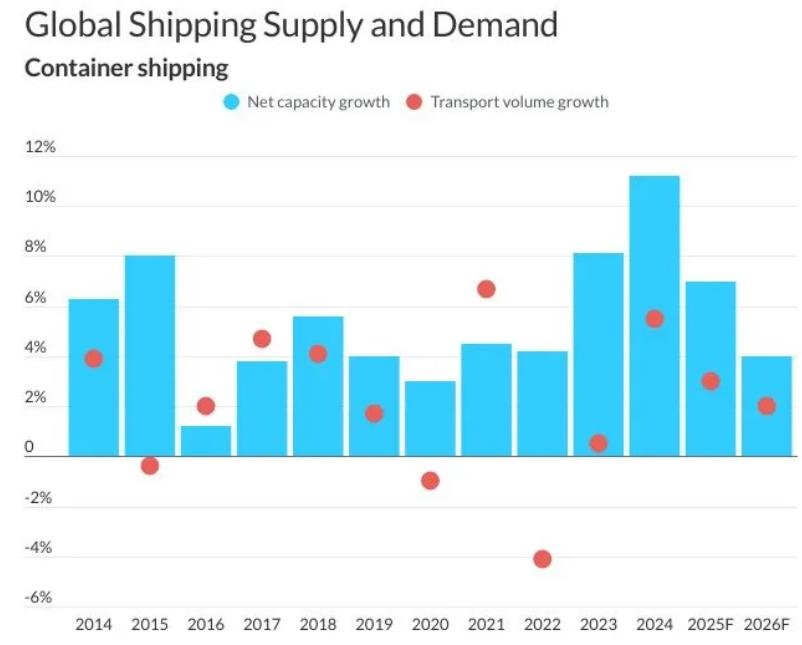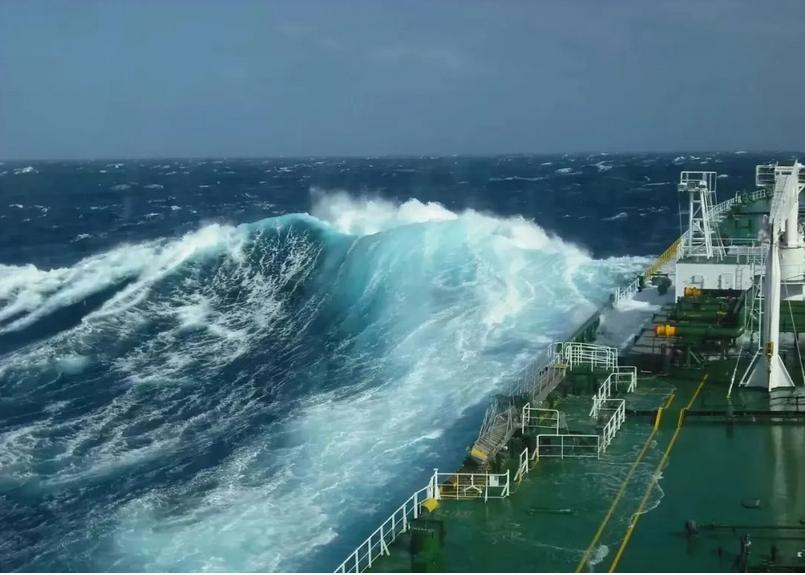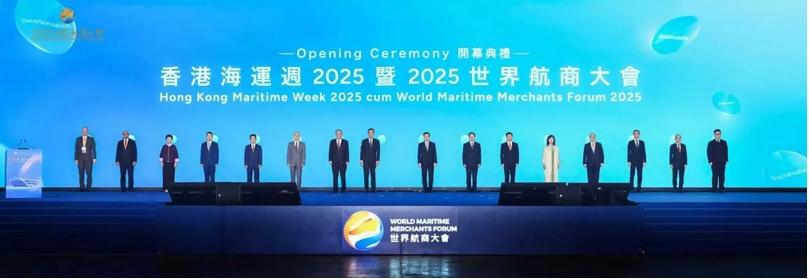《装卸时间与滞期费》第6版
CHAPTER 3 第3章
Commencement of laytime
装卸时间的起算
Port charters 港口租船合同
3.56 There are some ports, e.g. Hull, Glasgow and the Weser ports, where the usual waiting area is not within the port. In such cases, these definitions are therefore inaccurate.
3.56有些港口,如英国Hull港、苏格兰Glasgow港和德国Weser河内港口,那里通常等泊的地点并不在港内。因此对于这类港口,上述定义就不那么准确了。
3.57 The limits of a particular port may vary according to the purpose for which the limits are being defined. Thus port limits may be defined by law or by custom and the extent of the port may be different for administrative, fiscal, geographical and commercial purposes.
3.57具体港口的界限,根据定义港口界限的目的不同会有不同的港界。因此港口的界限有些是由法律确定的,有些是习惯形成的,而且从行政的、财政的、地理位置的以及商业的不同目的来看,港口的范围是各不相同的。
3.58 An early explanation of why ports must have limits was given by Lush J in Nicholson v. Williams, where he said:
Ports and havens are not merely geographical expressions; they are places appointed by the Crown ‘‘for persons and merchandises to pass into and out of the realm’’ and at such places only is it lawful for ships to load and discharge cargo. The assignment of such places to be ‘‘the inlets and gates’’ of the realm is, and always has been, a branch of the prerogative resting, as Blackstone remarks, partly upon a fiscal foundation in order to secure the King’s marine revenue. Their limits and bounds are necessarily defined by the authority which creates them, and the area embraced within those limits constitutes the port.
3.58 在Nicholson v. Williams案,Lush法官最早解释了港口为什么必须要有界限的问题,说:
港口和避风港(所)不单是地理用语,也是王国政府所指定的‘用于人们或商品进出的领域’,这个地方也是唯一法定的允许船舶进行装货或卸货作业的地方。之所以划分这一地方且始终指定为‘出入口岸/关卡’,是一种特权部门设置的结果,正如Blackstone所说的,部分取决于财政方面的需要,为了确保王国海运税收。它们的范围和界限必然是由港口当局来制定确立,因而在这些界限环抱的地区范围之内就构成一个港口。
3.59 In Leonis Steamship Co v. Rank (No 1), Kennedy LJ observed:
The limits of a port established by law or ancient custom may be very wide, or again in the case of a newly established place of shipping traffic the limits may be uncertain because not yet defined by any competent authority for any purpose... Just as a port may have one set of limits, if viewed geographically, and another set of limits for fiscal or pilotage purposes, so when it is named in a commercial document, and for commercial purposes, the term is to be construed in a commercial sense in relation to the objects of the particular commercial transaction.
3.59 在Leonis Steamship Co v. Rank (No 1)案中,Kennedy大法官评述说:
由法律或者古老的习惯所确定的港口范围及界限可能是非常广阔的,而另外,对于一个新建的航运交通地点来说,其范围的界限可能尚未确定,这是因为还没有任何主管当局按其意图进行界定……正如有的港口,它可能有一套按地理条件划分的界限,其它还有另一套按财政或引水需要划分的界限。因此,当港口在商业文件中被提到时,就会从商业角度上,这一术语就以其商业的意识并结合有关具体商业交易的目的来解释它。
3.60 As it was put by Brett MR in the Sailing Ship Garston Co v. Hickie:
The word ‘‘port’’ in a charterparty does not necessarily mean an Act of Parliament pilotage port, or, which is the better word, ‘‘pilotage district’’. Therefore, when you are trying to define the port with regard to which persons who enter into a charterparty are contracting, you endeavour to find words which will shut out those things which you know they do not intend.
3.60 这正如上诉法院院长Brett法官在 Sailing Ship Garston Co v. Hickie案中所指出的那样:
租船合同中‘港口’一词并不一定是指议会法案中的引航港口,或者说得更准确些词语‘引航区’。所以,当您试图定义当事双方所订租船合同中港口一词时,您应尽力将一些非他们意愿的词语抛开不理。
3.61 Later in his judgment, having said: ‘‘There will never be a port, in the ordinary business sense of the word, unless there is some element of safety in it for the ship and goods’’, he went on to say:
Now sometimes you have only a place of comparative safety, a place in which neither the natural configuration of the land with regard to the sea, nor the artificial walls make a perfectly safe port, but only a place of comparative safety. Then you have not such easy means of ascertaining what the parties to a charterparty must have meant by ‘‘the port’’, and you must find out where, in fact, people have had their ships loaded and unloaded. The moment you can find that the loading and unloading of ships takes place at a particular spot, you may safely infer that the parties understood that spot to be within ‘‘the port’’, because as a general rule people do not load or unload goods outside the port... But the port may extend beyond the place of loading and unloading... Then, if you want to find out how far the port extends beyond the place of loading and unloading, what is the next test you would apply? If you find that the authorities, who are known in commercial business language as ‘‘the port authorities’’, are exercising authority over ships within a certain space of water, and that the shipowners and shippers who have ships within that space of water are submitting to the jurisdiction which is claimed by those authorities, whether legally or not, whether according to Act of Parliament or not, if you find what are called ‘‘the port authorities’’ exercising port discipline, and the ships which frequent that water submitting to the port discipline so exercised, that seems to be the strongest possible evidence that the shipowners, the shippers and the port authorities... have all come to the conclusion to accept that space of water in which the authority is so exercised as ‘‘the port’’ of the place.

《装卸时间与滞期费》购买链接(点击可购买)
海运圈聚焦专栏作者 魏长庚船长(微信号CaptWei)

 2018-12-19
2018-12-19 815
815 




